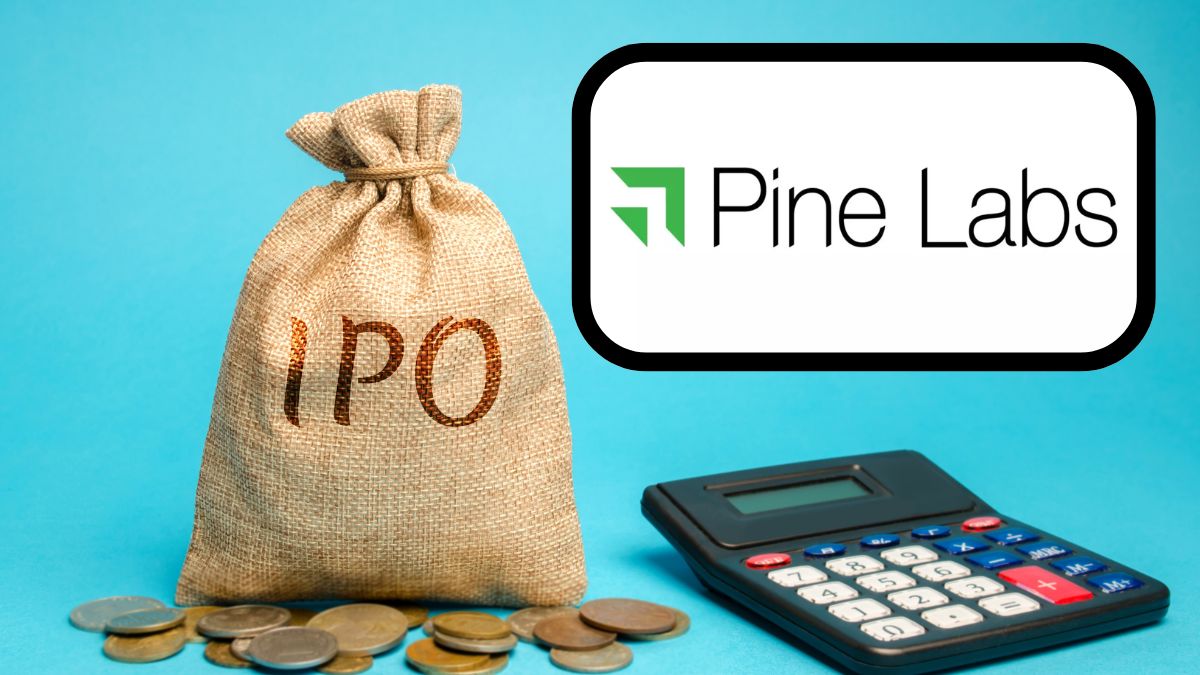Pine Labs’ $440 million IPO witnessed strong investor interest despite a valuation cut from its last private funding. The stock listed at a premium, valuing the fintech at ₹289 billion. Profitable with growing revenue, the company plans to use proceeds for debt repayment and international growth.
Pine Labs, the Indian fintech firm backed by PayPal and Mastercard, has made a strong market debut with its $440 million IPO despite trimming its valuation. The stock opened at ₹242, above the issue price of ₹221, and rose to ₹284 during intra-day trading before closing at ₹252. This successful listing values the company at around ₹289 billion (approximately $3.3 billion), down from its $5 billion valuation in a 2022 private round, yet reflecting robust investor confidence in Pine Labs’ growth prospects.
The IPO comprised a fresh issue of shares raising ₹2,080 crore and an offer for sale of ₹1,820 crore by existing investors, totaling nearly ₹3,900 crore. Pine Labs aims to use the IPO proceeds to repay borrowings, expand internationally in markets like Singapore, Malaysia, and the UAE, and invest in technology upgrades. The company became profitable in the recent quarter with a net profit of ₹47.86 million, along with a 17.9% year-over-year revenue increase to ₹6.16 billion.
In India, Pine Labs competes with big players such as Razorpay, Paytm, and PhonePe while expanding its footprint globally. Despite the valuation cut, investor demand remained strong, positioning Pine Labs as one of the top fintech listings in India this year.
Key highlights:
- IPO raised $440 million, total issue size ₹3,900 crore
- Shares listed at ₹242 against ₹221 issue price, later settled at ₹252
- Market capitalization at ₹289 billion (~$3.3 billion)
- Profitability achieved in recent quarter with ₹47.86 million net profit
- Revenue up 17.9% YoY to ₹6.16 billion
- IPO proceeds directed towards debt repayment, overseas expansion, tech investment
- Competes with Paytm, Razorpay, PhonePe domestically; global expansion ongoing
Sources: NSE Circular, Reuters, TechCrunch, Economic Times, Financial Express.
